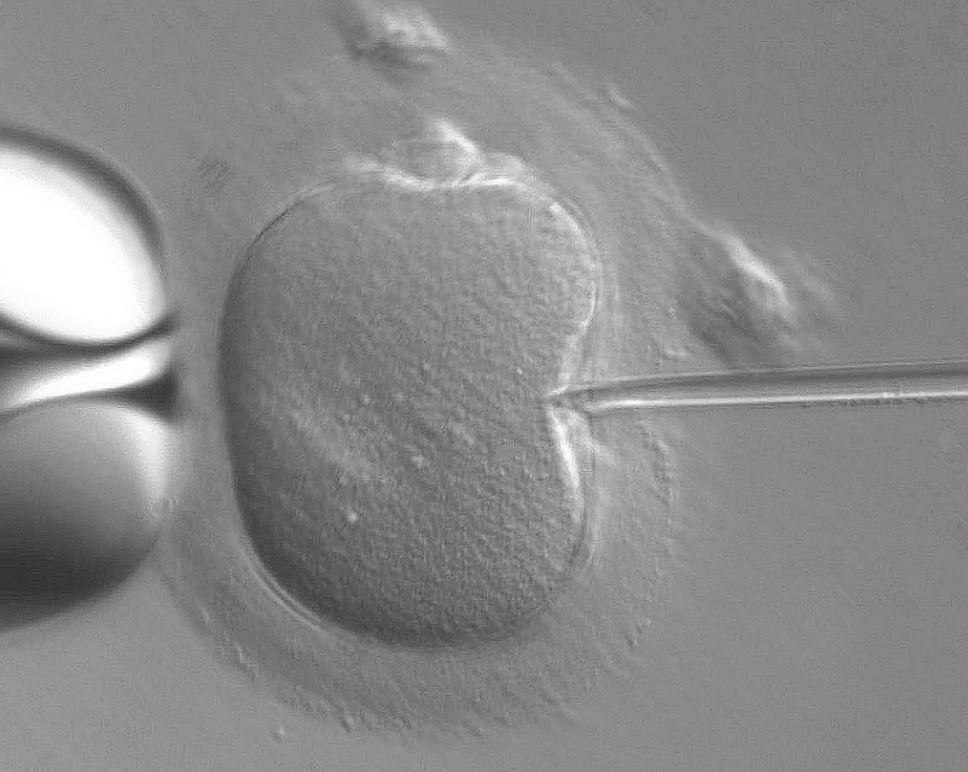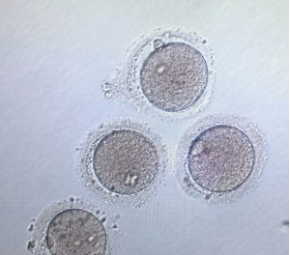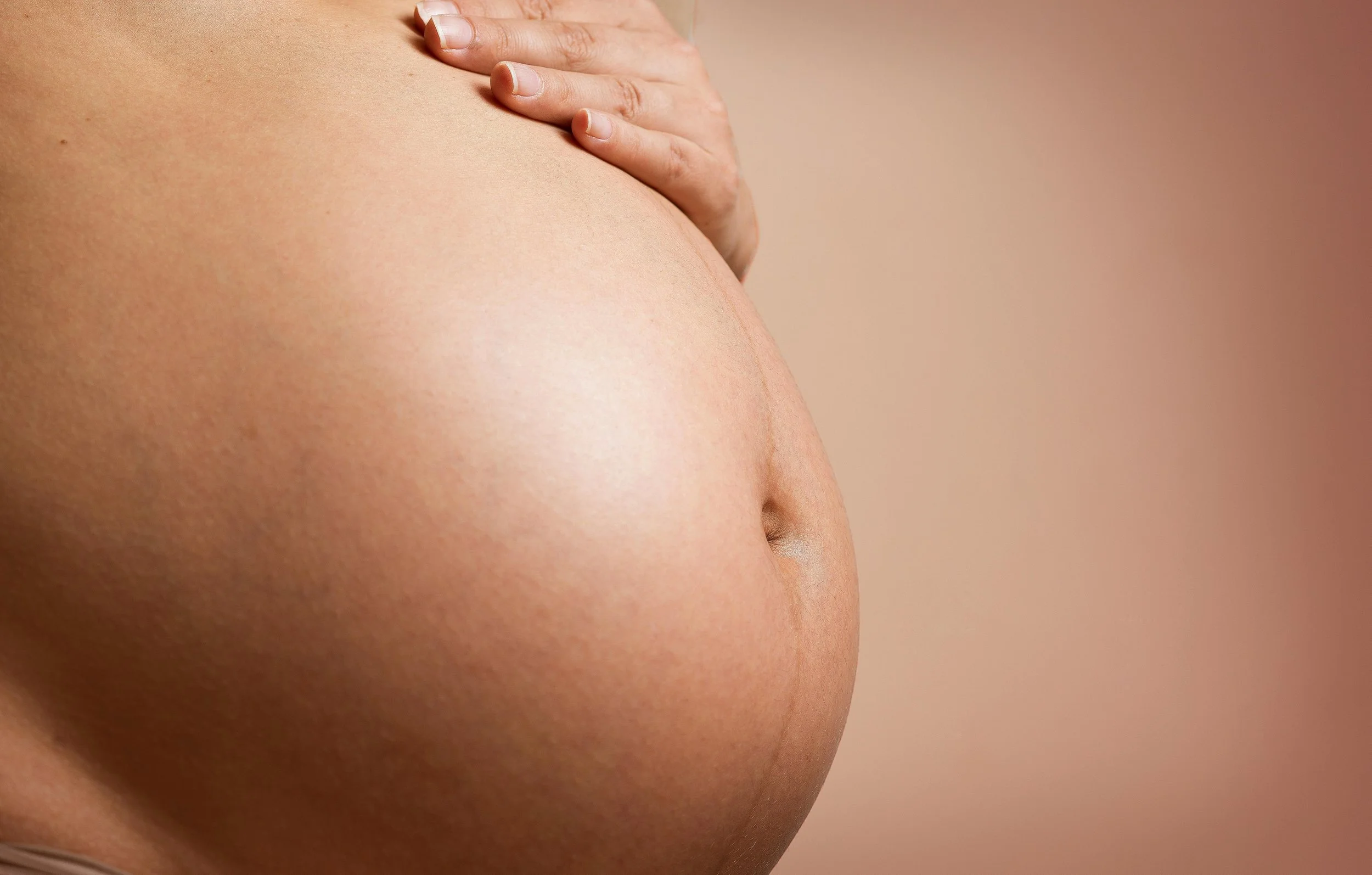Lactation, Postpartum & Acupuncture Support
A Brief Introductory Guide

Understanding Postpartum & Lactation Challenges and the Benefits of Acupuncture
The postpartum period, often referred to as the “fourth trimester,” is a time of significant physical and emotional adjustment for new mothers. While it is a period of joy and bonding with the newborn, it is also a time of healing, recovery, and rebalancing after the demands of pregnancy and childbirth. Many women face postpartum challenges such as fatigue, hormonal imbalances, emotional instability, and difficulties with lactation. Managing these issues while caring for a newborn can be overwhelming, leading to increased stress and anxiety. Acupuncture, a holistic therapy that has been used for centuries in Traditional Chinese Medicine (TCM), offers a safe and natural way to support mothers during the postpartum period by promoting healing, balancing hormones, and enhancing lactation.
The Wellspring Integrative Approach
Women’s Health during all stages of conception, pregnancy, labor, delivery, and postpartum recovery is our specialty here at Wellspring Health.
It takes a village to raise a child, but before that, it takes a team to make a baby. You can’t do it alone and we at Wellspring Health are privileged to be a member of your team. Wellspring Health uses Traditional Chinese Medicine (Acupuncture & Herbal Medicine) and Conventional medicine in an integrative approach. This combination can enhance treatment outcomes, manage the side effects of conventional treatments (like chemotherapy), and provide additional support for chronic or complex conditions. We love science and we love working with conventional medical Doctors. This approach combines the strengths of both systems, offering a broader range of treatment options and emphasizing the prevention of disease as well as the treatment of existing conditions.
Reproductive Endocrinologists & Gynecologist Support During Fertility & Pregnancy: We enjoy collaborating with physicians and have extensive experience working with a large network of specialists in Manhattan. We can provide recommendations and referrals for every stage of the fertility, pregnancy, and postpartum journey.
Doula Support: We frequently work with doulas throughout all stages of pregnancy and delivery, providing integrated care and support to enhance the birthing experience.
Below is a comprehensive introductory guide to how Wellspring & TCM can support you throughout every stage of your journey. Feel free to jump to any specific section that best suits your needs.
Click to jump to section:
Challenges Associated with Postpartum Recovery and Lactation
Physical Recovery and Fatigue:
After childbirth, the body undergoes significant changes as it begins the process of recovery. This can include uterine contractions, perineal pain, and lingering discomfort from delivery or surgical incisions. Additionally, the physical demands of caring for a newborn, including interrupted sleep and frequent feedings, can contribute to extreme fatigue and slow the recovery process. Many women feel depleted and lack the energy needed to meet both their own and their baby’s needs.Hormonal Imbalances and Emotional Instability:
The sudden drop in pregnancy hormones, such as estrogen and progesterone, combined with the rise in prolactin and oxytocin to support breastfeeding, can lead to significant hormonal fluctuations. These changes can contribute to mood swings, irritability, and increased emotional sensitivity. Some women may experience postpartum depression or anxiety, which can further complicate the adjustment to new motherhood and impact their ability to bond with their baby.Challenges with Lactation and Milk Supply:
Establishing and maintaining a healthy milk supply can be a struggle for many new mothers. Issues such as low milk production, blocked ducts, or difficulty with latching can lead to stress and frustration. Inadequate milk supply can cause concern for both the mother and healthcare providers, leading to feelings of inadequacy and guilt. Physical discomforts, such as sore or cracked nipples, can also interfere with breastfeeding success and increase stress levels.Sleep Disturbances and Exhaustion:
The constant demands of feeding and caring for a newborn often disrupt a mother’s sleep patterns, contributing to exhaustion and burnout. Sleep deprivation can exacerbate emotional instability, reduce the body’s ability to heal, and impact overall well-being. Finding ways to promote better rest and relaxation is crucial for supporting postpartum recovery.Emotional and Mental Health Challenges:
The postpartum period can be emotionally overwhelming, as women navigate the new responsibilities of motherhood, changes in their body, and shifts in identity. Feelings of anxiety, fear, or sadness may arise, and some women may experience postpartum depression or anxiety, making it difficult to cope with the demands of early motherhood.Physical Discomforts and Pain Management:
Postpartum pain is common, whether due to perineal tearing, C-section recovery, or breastfeeding-related discomforts. Managing this pain without medication, especially for breastfeeding mothers who wish to avoid pharmaceuticals, can be challenging. Discomforts can make it difficult for mothers to care for themselves and their baby, affecting their overall well-being.
From Our Clients
“Kirsten is truly a master of her craft. I started working with her in my third trimester of pregnancy, right after discovering that my baby was breach. Kirsten’s work caused the baby to flip back into place in one session, right on the table. I quickly learned through seeing her regularly that it wasn’t magic that did it. It’s her vast breadth of knowledge, extensive experience, and commitment to making a difference in every person’s unique wellness journey. She is a healer, a nurturer, and a perceptive expert with a warm presence and calm demeanor. I have to commute to her office from uptown, but it’s worth the effort every single time. I saw her multiple times a week for two months before giving birth and I truly believe it helped me with both labor and recovery. She was invested in my process every step of the way and went above and beyond to make sure I was ready. She is kind with her time and a generous listener who has a plethora of expertise to share. I still continue to see her postpartum and recommend her to everyone - especially pregnant and postpartum women!”
-Liz T.
“Kirsten and her team are incredible and a critical part of my pregnancy. I've continued to see Kirsten post-partum and have recommended her to my family and friends who have also had positive experiences with her practice. Highly recommend Wellspring without reservation.”
- Mara S.
“I had issues with clogged breast due to breast feeding and Kirsten worked her magic and solved the problems! I would recommend anyone who has similar issue to give it a try.”
- Jing Y.
Benefits of Acupuncture for Postpartum Recovery and Lactation
Acupuncture is a safe, natural, and non-invasive therapy that can support women during the postpartum period by addressing both physical and emotional challenges. It involves the insertion of thin, sterile needles into specific points on the body to balance energy flow, promote healing, and alleviate discomfort. Here are some of the key benefits of acupuncture for postpartum recovery and lactation support:
Promotes Physical Recovery and Reduces Pain:
Acupuncture helps accelerate postpartum healing by promoting blood circulation, reducing inflammation, and supporting tissue repair. It can alleviate common postpartum discomforts, such as uterine cramping, perineal pain, and lower back pain. Acupuncture is also effective in managing C-section recovery by reducing scar tissue formation, alleviating pain, and supporting overall healing. This natural pain management allows mothers to focus on their recovery and caring for their newborn without relying on medication.Balances Hormones and Alleviates Emotional Instability:
Acupuncture helps regulate the endocrine system and balance hormone levels, reducing mood swings and emotional instability. It can be particularly beneficial for women experiencing postpartum depression or anxiety by harmonizing the Shen (spirit) and calming the mind. Regular acupuncture sessions can help stabilize emotions, promote a sense of calm, and support mental well-being during the emotional transitions of the postpartum period.Supports Lactation and Milk Supply:
Acupuncture can stimulate specific points that support lactation by enhancing the production and flow of breast milk. By strengthening the Spleen and Stomach, which are responsible for the production of Qi and Blood in TCM, acupuncture can help increase milk supply and improve its quality. Acupuncture can also alleviate physical discomforts associated with breastfeeding, such as blocked ducts or mastitis, making the breastfeeding experience more comfortable and positive.Reduces Stress and Promotes Relaxation:
The postpartum period is often marked by increased stress and anxiety, particularly for first-time mothers. Acupuncture helps activate the parasympathetic nervous system, promoting relaxation and reducing the body’s stress response. This can help new mothers feel more grounded, reduce anxiety, and cope better with the demands of caring for a newborn. The calming effects of acupuncture also support better sleep quality, which is essential for postpartum recovery.Improves Energy Levels and Reduces Fatigue:
Fatigue is one of the most common postpartum complaints, as new mothers often struggle to keep up with the demands of feeding and caring for their baby. Acupuncture can help restore energy by balancing Qi and Blood flow, supporting the body’s natural energy production, and reducing feelings of exhaustion. By improving overall vitality, acupuncture helps mothers feel more energetic and capable of meeting the challenges of early motherhood.Supports Emotional and Mental Well-Being:
Acupuncture can help manage postpartum mood disorders by stabilizing hormone levels and calming the nervous system. It promotes the release of endorphins and serotonin, the body’s natural “feel-good” chemicals, which can improve mood, reduce anxiety, and alleviate symptoms of postpartum depression. This emotional support helps mothers feel more connected and emotionally balanced as they navigate the complexities of motherhood.
Fertility, Pregnancy & Postpartum We Treat With TCM
Traditional Chinese Medicine offers a holistic and individualized approach to supporting women’s health through all stages of fertility, pregnancy, delivery, and postpartum recovery. By addressing imbalances in the body and promoting harmony between the physical and emotional aspects of health, TCM can enhance reproductive health, support a healthy pregnancy, and aid in postpartum healing. With its long history and integrative methods, TCM continues to be a valuable option for women seeking a natural and comprehensive approach to wellness and maternal care.
Female Infertility: Improving ovarian function and egg quality, balancing hormones, supporting Uterine Health, blood flow, nervous system, emotional support, and stress management.
Stress Management, Nervous System Supports & Pregnancy: Regulate stress response, stimulate endorphins, balance cortisol, sleep, muscle tension, pain relief, emotional support, a place to relax, let go and get some care.
IVF/IUI: Support pre- and post-embryo transfer, reducing IVF-related stress and anxiety, and managing hormonal fluctuations during IUI/IVF.
Egg Freezing: Optimizing ovarian reserve, preparing the body for egg retrieval, managing side effects of hormonal stimulation, and post-egg retrieval recovery.
Pain & Pregnancy: Relieving back pain, pelvic pain, sciatic and joint pain.
Labor Prep, Delivery & Induction: Promote cervical ripening and softening, supporting natural and assisted labor induction, pain relief, and breech babies.
Prenatal & Trimester Support: Nausea and fatigue, fetal development support, breech presentation and positioning, insomnia and stress.
Post Partaum: Emotional supports balancing hormones, stress response, lactation support, activating parasympathetic nervous system to encourage relaxation.
Lactation: Enhancing milk supply and flow, addressing blocked milk ducts and mastitis, balancing hormones, reducing stress, and improving milk quality.
Recurrent Miscarriage: Strengthening uterine health, immunological factors, managing stress and anxiety.
Male Infertility: Improving sperm quality and motility, varicocele, hormone, and libido imbalance.
Parting Thoughts:
The postpartum period and the establishment of healthy lactation can present significant physical and emotional challenges for new mothers. Acupuncture offers a natural and effective way to support postpartum recovery, balance hormones, alleviate pain, and promote successful lactation. By integrating acupuncture into postpartum care, women can experience a smoother, healthier recovery and feel more supported and empowered as they embrace the joys and demands of new motherhood.
Resources & Links to Learn More
LACTATION
Acupuncture has been studied for its potential benefits in enhancing lactation. Here are five clinical studies highlighting its positive effects:
Efficacy and Safety of Acupuncture for Postpartum Hypogalactia: A Systematic Review and Meta-Analysis of Randomized Controlled Trials: This comprehensive review analyzed 19 randomized controlled trials involving 2,400 participants to assess acupuncture's effectiveness in treating postpartum hypogalactia (insufficient milk production). The findings indicated that acupuncture significantly increased serum prolactin levels and milk secretion volume compared to control groups. However, the quality of evidence was critically low, suggesting the need for further rigorously designed studies. PLOS Journals
Stimulation of Lactation Using Acupuncture: A Case Study: This case study explored the use of acupuncture to stimulate lactation in a postpartum woman experiencing insufficient milk production. The intervention led to increased milk supply, highlighting acupuncture's potential as a supportive therapy for lactation issues. SAGE Journals
Acupuncture Boosts Breast Milk Production: This article discusses various studies indicating that acupuncture can effectively increase breast milk production in postpartum women. It highlights acupuncture's role in stimulating lactation and its potential benefits for mothers experiencing low milk supply. NCCAOM
The Effect of Pestle Acupuncture for Patients with Lactation Insufficiency After Cesarean Section: This study investigated the efficacy of pestle acupuncture in treating lactation insufficiency following cesarean delivery. The results suggested that pestle acupuncture effectively increased milk production, offering a potential therapeutic option for postpartum women with lactation challenges. Europe PMC
A Clinical Evaluation of the Effectiveness of Acupuncture for Insufficient Lactation: This clinical evaluation assessed acupuncture's effectiveness in treating insufficient lactation. The study reported that good or very good results were obtained in 70.4% of the cases, indicating acupuncture's potential as a treatment modality for lactation insufficiency. Northwestern Scholars
These studies suggest that acupuncture may offer benefits in enhancing lactation, particularly in increasing milk production for postpartum women experiencing insufficient supply.
POSTPARTUM
Acupuncture has been studied for its potential benefits in addressing postpartum conditions. Here are five clinical studies highlighting its positive effects:
Effectiveness of Acupuncture Used for the Management of Postpartum Depression: A Systematic Review and Meta-Analysis: This comprehensive review analyzed multiple studies to evaluate acupuncture's efficacy in treating postpartum depression. The findings suggested that acupuncture significantly reduced depressive symptoms in postpartum women, indicating its potential as a therapeutic option. Europe PMC
Practitioners’ Perspectives on Acupuncture Treatment for Postpartum Depression: A Qualitative Study: This study explored practitioners' views on using acupuncture to treat postpartum depression. The results indicated that practitioners observed improvements in mood and overall well-being among postpartum women receiving acupuncture, supporting its use in managing postpartum depression. PLOS Journals
Efficacy and Safety of Acupuncture for Postpartum Hypogalactia: A Systematic Review and Meta-Analysis of Randomized Controlled Trials: This analysis assessed acupuncture's effectiveness in treating postpartum hypogalactia (insufficient milk production). The study concluded that acupuncture significantly increased serum prolactin levels and milk secretion volume, suggesting its potential role in enhancing lactation. PLOS Journals
Acupuncture Versus Antidepressants in the Management of Postpartum Depression: A Systematic Review: This review compared the effectiveness of acupuncture and antidepressants in treating postpartum depression. The findings indicated that acupuncture was at least as effective as fluoxetine hydrochloride, supporting its use as a safe and effective treatment option. British Journal of Midwifery
Effectiveness of Acupuncture in Postpartum Depression: A Systematic Review and Meta-Analysis: This study evaluated the clinical effectiveness of acupuncture in treating postpartum depression. The results demonstrated that acupuncture significantly improved depressive symptoms, highlighting its potential as a complementary therapy for postpartum depression. Europe PMC
These studies suggest that acupuncture may offer benefits in managing postpartum conditions, including depression and lactation issues.













